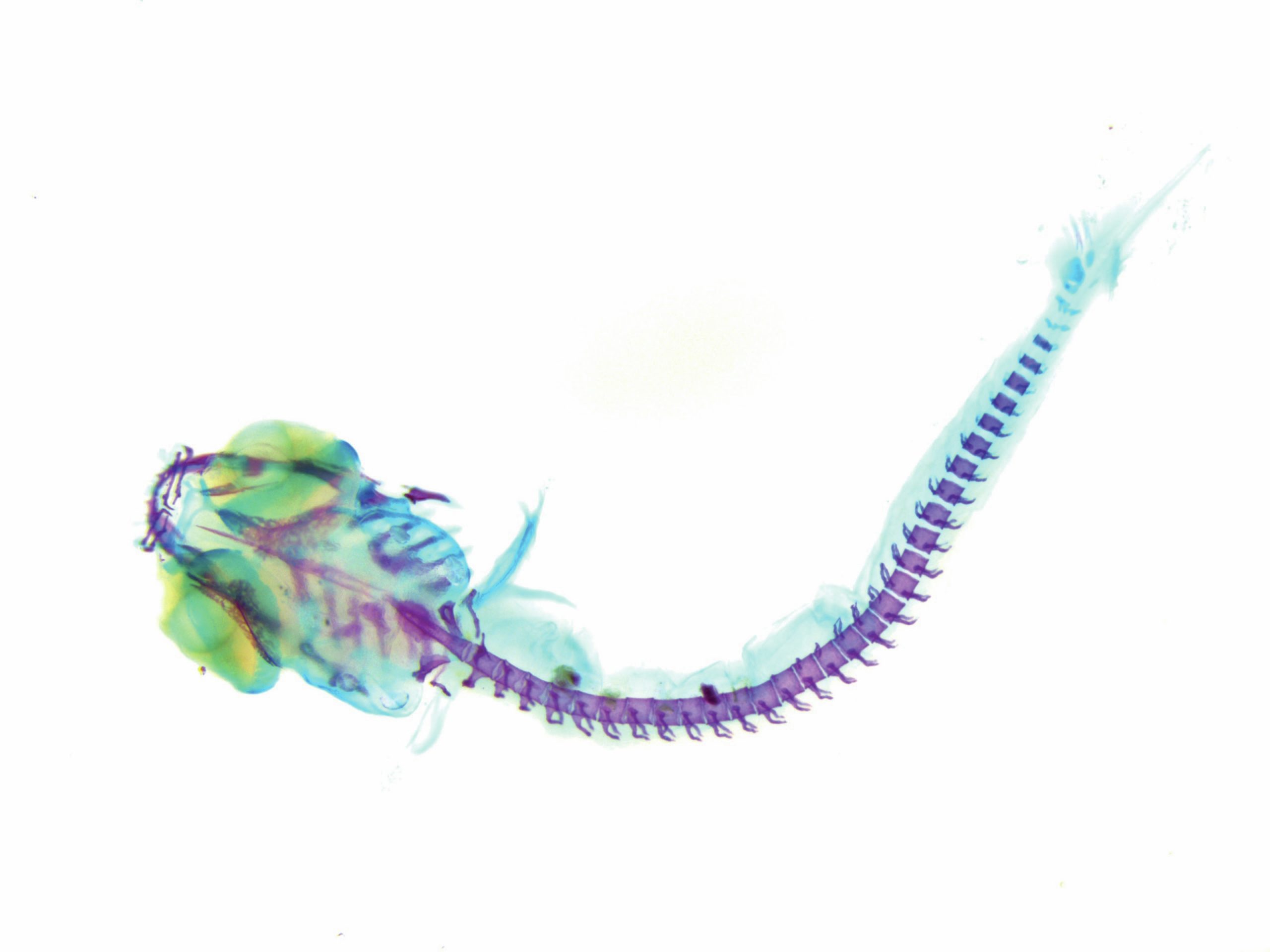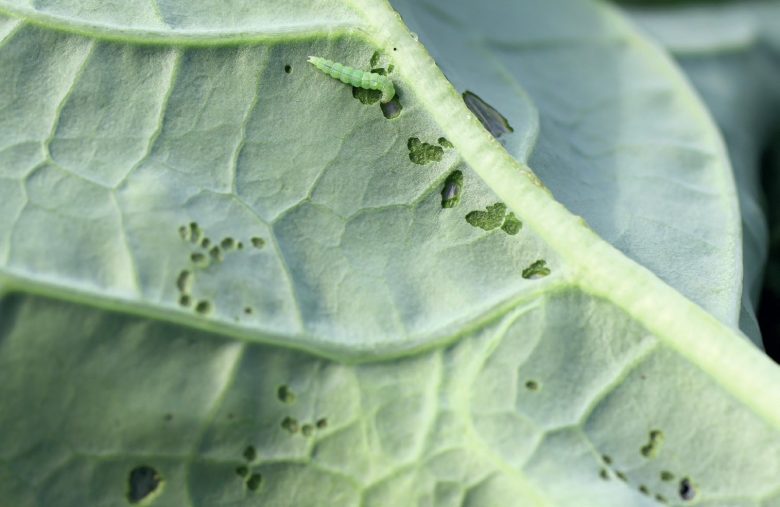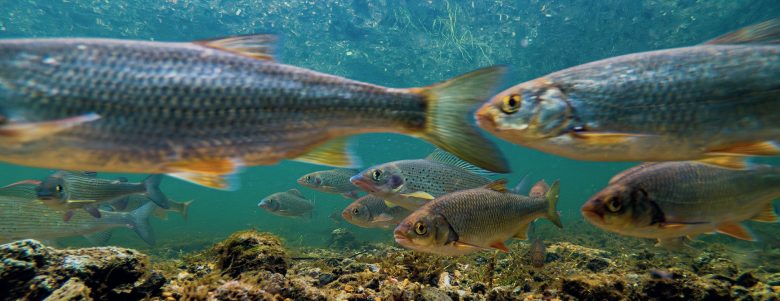
Climate change is causing dramatic changes to global temperatures. Over the next century the global average temperature is predicted to increase by around 2°C. The consequences of climate change are already being observed in many different ways in many different species. For example, rising temperatures have altered the time of the year at which many insects, fish, birds and mammals breed, migrate and hibernate.
During the Earth’s 4.5 billion year history the climate has changed repeatedly. However, the rate at which humans are currently changing the climate is leading many researchers to worry about whether species will be able to evolve and adapt rapidly enough to survive. Essentially, we see climate change leading to an increase in extreme weather events and a less predictable climate overall.
Your organisation does not have access to this article.
Sign up today to give your students the edge they need to achieve their best grades with subject expertise
Subscribe




